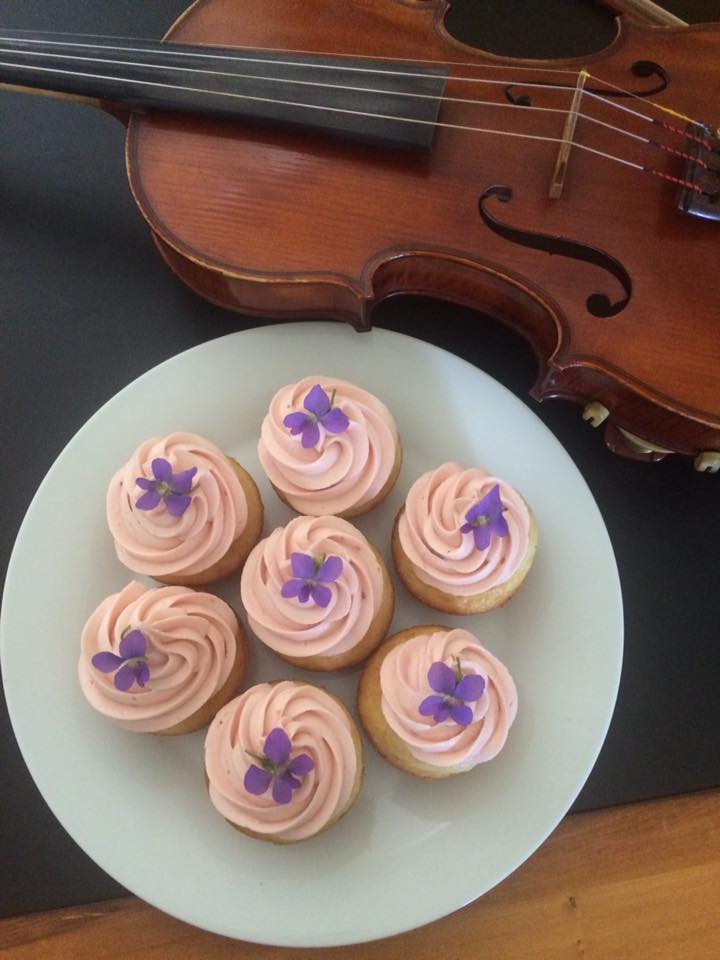Gelja Will is a Suzuki violin and viola teacher.
Gelja grew up in Vancouver, BC surrounded by music.
She attended early music Orff classes since babyhood, played piano and recorder, and heard her older siblings practicing their Mozart and Bach violin concertos daily. Her mother was a music therapist with a home studio as well as an Orff Teacher. At age 9 Gelja jumped at the chance to learn to play the violin in her elementary school’s String program.
She was concertmaster of the Vancouver Youth Symphony Orchestra at age 13.
Now a mother of 5 children ages 2, 6, 22, 24 and 25, Gelja began her violin teaching journey more than 20 years ago, working with her oldest daughter who was 3. She taught/teaches four of them to play the violin, and one is a cellist.
She is a committed, qualified and experienced Suzuki Method teacher.
Gelja established her violin studio in Brantford in 2007, and began teaching Suzuki group classes with Mrs. Virginia Little’s Brant Suzuki String School. Upon Mrs. Little’s retirement, Gelja founded the Grand River Suzuki School in 2017, now based in Vanessa, ON.
Gelja teaches with joy and is honoured to be surrounded by a dedicated community of families in her studio. Her students are enthusiastic and enjoy their lessons and group classes. They participate in the Brant Music Festival and Norfolk Musical Arts Festival and often win awards, scholarships, and Provincial recommendations. All are encouraged to enrich their experience by playing in an orchestra.
This coming September 2023, having conducted the Junior Little String Orchestra in Brantford for the past 6 years, Gelja is founding a new community string orchestra welcoming all levels of violin, viola, cello, bass and percussion players in Brant, Norfolk and surrounding counties. This orchestra will rehearse on Thursday evenings at the United Church in Scotland, On.


The Suzuki Method
—
Every Child Can Learn
More than fifty years ago, Japanese violinist Shinichi Suzuki realized the implications of the fact that children the world over learn to speak their native language with ease. He began to apply the basic principles of language acquisition to the learning of music, and called his method the mother-tongue approach. The ideas of parent responsibility, loving encouragement, constant repetition, etc., are some of the special features of the Suzuki approach.
Parent Involvement
As when a child learns to talk, parents are involved in the musical learning of their child. They attend lessons with the child and serve as “home teachers” during the week. One parent often learns to play before the child, so that they understand what the child is expected to do. Parents work with the teacher to create an enjoyable learning environment. Expanded meaning of ‘parent’ to include any caregiver, guardian, grandparent, etc who is supporting the child in the learning process.
Early Beginning
The early years are crucial for developing mental processes and muscle coordination. Listening to music should begin at birth; formal training may begin at age three or four, but it is never too late to begin.
Listening
Children learn words after hearing them spoken hundreds of times by others. Listening to music every day is important, especially listening to pieces in the Suzuki repertoire so the child knows them immediately.
Repetition
Constant repetition is essential in learning to play an instrument. Children do not learn a word or piece of music and then discard it. They add it to their vocabulary or repertoire, gradually using it in new and more sophisticated ways.
Encouragement
As with language, the child’s effort to learn an instrument should be met with sincere praise and encouragement. Each child learns at their own rate, building on small steps so that each one can be mastered. Children are also encouraged to support each other’s efforts, fostering an attitude of generosity and cooperation.
Learning with Other Children
In addition to private lessons, children participate in regular group lessons and performance at which they learn from and are motivated by each other.
Graded Repertoire
Children do not practice exercises to learn to talk, but use language for its natural purpose of communication and self-expression. Pieces in the Suzuki repertoire are designed to present technical problems to be learned in the context of the music rather than through dry technical exercises.
Delayed Reading
Children learn to read after their ability to talk has been well established. in the same way, children should develop basic technical competence on their instruments before being taught to read music.
FAQ
How does Talent Education differ from other methods of teaching music to children?
Thoughtful teachers have often used some of the elements listed here, but Suzuki has formulated them in a cohesive approach. Some basic differences are:
▪ Suzuki teachers believe that musical ability can be developed in all children.
▪ Students begin at young ages.
▪ Parents play an active role in the learning process.
▪ Children become comfortable with the instrument before learning to read music.
▪ Technique is taught in the context of pieces rather than through dry technical exercises.
▪ Pieces are refined through constant review.
▪ Students perform frequently, individually and in groups.
